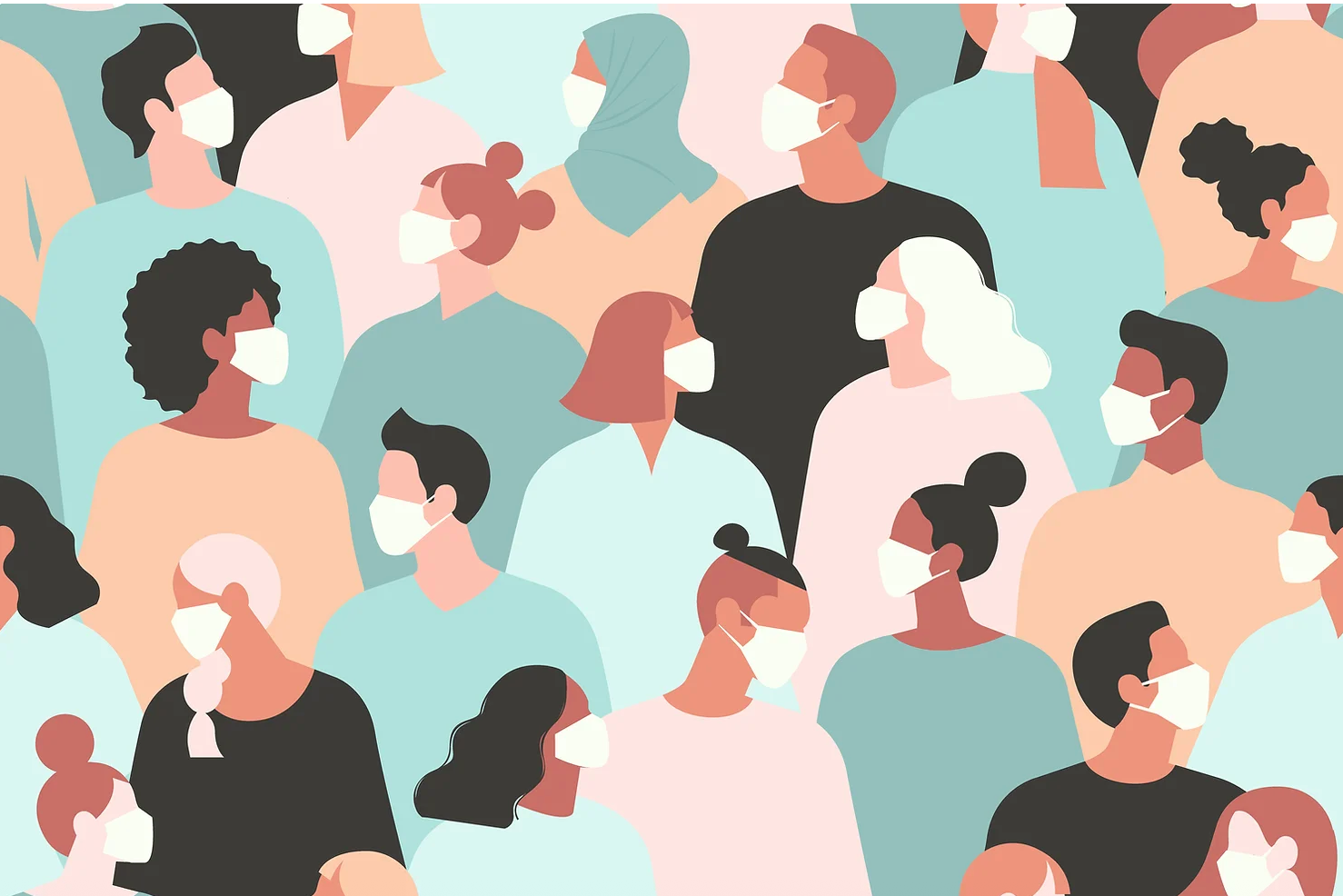Mental health has long been a taboo topic, but advancements in artificial intelligence (AI) are reshaping how we approach it. With mental health challenges on the rise, AI tools are stepping in to provide support, break barriers, and make mental health care more accessible. Let’s explore how AI is making a difference in this critical area of healthcare.
AI-Powered Mental Health Tools
AI is transforming mental health care in several innovative ways:
- Virtual Therapists: AI chatbots like Woebot and Wysa provide 24/7 support by engaging users in conversations that mimic therapy sessions. These tools are especially helpful for people hesitant to seek traditional therapy.
- Mood Monitoring Apps: Apps like Replika and Youper use AI to analyze users’ mood patterns and suggest coping mechanisms or activities to improve emotional well-being.
- Personalized Interventions: AI algorithms analyze data from wearable devices to identify stress triggers and offer real-time solutions, such as breathing exercises or mindfulness techniques.
How AI Detects Early Warning Signs
One of AI’s most promising applications in mental health is its ability to detect subtle changes in behavior that may signal a mental health crisis:
- Speech Analysis: AI can analyze tone, speed, and content of speech to identify signs of depression or anxiety.
- Social Media Monitoring: AI algorithms review posts and interactions to detect language associated with mental health struggles, offering interventions or alerts when needed.
- Biometric Data: Wearable devices track physical indicators like heart rate, sleep patterns, and activity levels, helping to predict and prevent episodes of mental health disorders.
AI for Mental Health in Underserved Communities
Access to mental health care remains a significant challenge, particularly in rural or underserved areas. AI bridges this gap by:
- Scaling Care: Virtual mental health tools can reach millions simultaneously, offering scalable solutions that traditional therapy cannot.
- Language Barriers: AI-powered platforms support multiple languages, ensuring accessibility for diverse populations.
- Affordability: AI tools often cost significantly less than in-person therapy, making mental health care more affordable.
Ethical Considerations in AI and Mental Health
As with any technology, there are important ethical questions to consider:
- Data Privacy: How can we ensure that sensitive mental health data collected by AI tools remains secure and confidential?
- Bias in Algorithms: AI models trained on limited datasets may not accurately understand cultural nuances, leading to misdiagnoses or ineffective interventions.
- Over-Reliance on Technology: While AI tools are valuable, they cannot replace the empathy and expertise of human therapists. Striking a balance is key.
Success Stories and Future Potential
AI in mental health is already making an impact:
- Suicide Prevention: AI tools like Crisis Text Line use machine learning to prioritize high-risk messages, enabling faster responses and saving lives.
- PTSD Treatment: Virtual reality combined with AI is being used to help veterans and trauma survivors confront and process their experiences.
- Workplace Wellness: Companies are integrating AI-driven platforms to monitor employee well-being and promote mental health awareness.
Looking ahead, AI’s role in mental health care could expand to:
- AI-Assisted Diagnosis: Combining AI with traditional methods to improve accuracy in diagnosing complex mental health conditions.
- Custom Therapy Plans: Tailoring therapy sessions based on an individual’s unique data profile.
- Global Outreach: Leveraging AI to extend mental health resources to areas with few or no professionals.
Breaking the Stigma with Technology
AI is not just a tool—it’s a catalyst for change. By providing discreet, accessible, and personalized support, AI is helping to break the stigma around mental health and encourage more people to seek help.
What do you think about AI’s role in mental health care? Could it be the breakthrough we need, or should we tread carefully? Share your thoughts below!
Subscribe to our newsletter!





